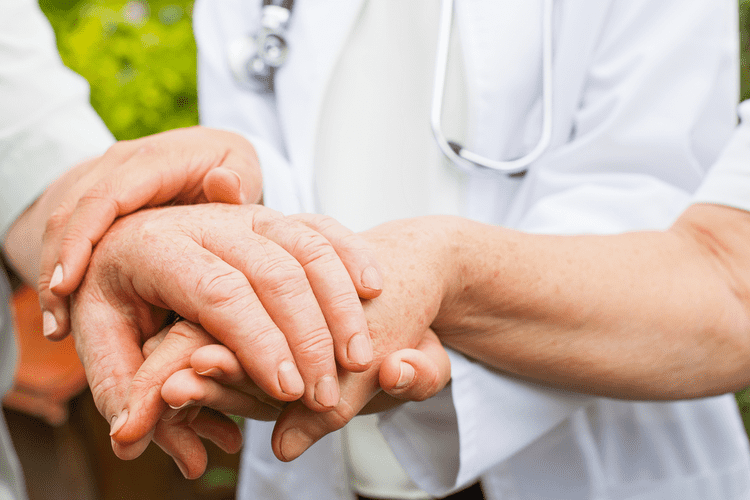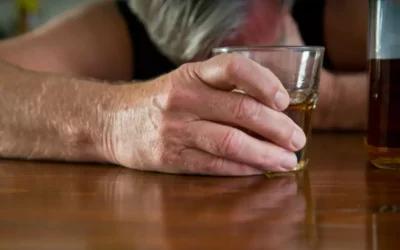For those of us with sustained recoveries, the cues and triggers are typically the cause of our cravings. Light therapy, or phototherapy, is the process of exposing yourself to a lot of light during the daytime. Alcohol withdrawal often causes insomnia and other sleeping problems.
Because those who struggle with alcohol often have nutritional deficiencies, a zinc deficiency is possible, and supplementation can be helpful. Zinc may also help reset some of the glutamate brain pathways that are overly active during alcohol withdrawal, thus possibly helping alcohol withdrawal symptoms. Ashwagandha is a traditional herb used in Ayurvedic Indian medicine. It can be used to reduce fatigue, stress and anxiety, which may occur during alcohol withdrawal. Experts believe its calming effects might be due to its activity on gamma-aminobutyric acid (GABA) receptors in the brain, which slow down the central nervous system. Of course it’s unexpected, uncomfortable and even confusing when we crave a drink or drug after years without.
Talk to a medical pro, even (and especially!) if you’re nervous about being honest with them about alcohol.
After all, part of cutting back or eliminating alcohol from your system is to improve your health, right? My perspective is that it is also OK to indulge in sweets if it helps keep you off alcohol. You should enlist a friend or family member to be there with you, in order to keep you safe and secure through the process. If your withdrawal symptoms get too severe or out of control, they can take you to get medical attention. Next, you’ll need to clear your schedule for a specific period of time.
- If you turn to alcohol to ease anxiety, try exercise as a healthy alternative.
- Most commonly used to treat depression, St. John’s wort may also help curb the urge to drink.
- Some studies have been done on d-phenylalanine, finding it improves alcohol withdrawal symptoms.
- One way to combat that feeling, Dr. Koob says, is to check in with yourself after a few months of sobriety to take stock of the benefits you’re reaping.
- One animal study showed that ashwagandha helps control mood changes, anxiety and seizures from alcohol withdrawal, but this effect has not yet been studied in humans.
- Eat a salami and butter sandwich on ciabatta bread, which will absorb a significant amount of alcohol from the body.
Medical experts now use the term “alcohol use disorder” rather than “alcohol abuse” to address the concern of excessive drinking. The same study found that a break from drinking had lingering positive effects on people’s habits around alcohol. “Some people stop for two weeks, feel better, and go on to the other two weeks—and at the end of that, they say, ‘I didn’t need alcohol in my life—it’s causing more trouble than it’s worth,” Dr. Koob says.
Is Alcohol Use Disorder (AUD) the Same Thing as Alcoholism?
With time, and by practicing new responses, you’ll find that your urges to drink will lose strength, and you’ll gain confidence in your ability to deal with urges that may still arise at times. If you are having a very difficult time with urges, or do not make progress with the strategies in this activity after a few weeks, then consult herbs to curb alcohol cravings a healthcare professional for support. In addition, some new, non-addictive medications can reduce the desire to drink or lessen the rewarding effect of drinking so it is easier to stop. It is very likely that you used alcohol as a way to deal with stress. Reducing stress is one of the preferred remedies to reduce alcohol cravings.

If you answer “yes” to four to five questions, your symptoms align with moderate AUD. If you answer “yes” to six or more questions, your symptoms align with severe AUD. Consult with a licensed mental health professional to further explore AUD. Kudzu is a plant in traditional medicine whose flowers and roots are used to treat conditions like alcoholism. Experts believe its activity as an isoflavonoid, plant-based estrogen or phytoestrogen might be responsible for its effects.
A Low-Effort Hack To Boost Your Brain Health & Support Your Sleep
About 50% of people who drink in this group have alcohol use disorder. An urge to drink can be set off by external triggers in the environment and internal ones within yourself. No matter your situation, Dr. Das emphasizes the power of enlisting help as you embark on a life sans booze. Although there are some scientific disagreements about how to define craving, we can still extract the most important elements of alcohol cravings to create a workable definition for those in recovery. When you stop drinking, the brain still thinks it needs the chemicals.



